I’ve always felt that a major obstacle so many startups create for themselves is the name they give themselves. Nonsensical names cause confusion.
I don’t need a dumb name to cause confusion for my business – I’m doing it with a straightforward one.
With that my friends, I’d like to have an honest talk with you…
…about me.
I preach to sellers and sales development teams to “make it about your audience”, so I hope you like hypocrisy with your coffee (it’s the fun kind though).
Businesses that once dominated our lives had clear names which told us exactly what they sold: American Motors. Dow Chemical. Taco Bell. Simple names for simpler products.
In the software and tech era, products are way more complex and difficult to define. So, to brand themselves memorably they’ve smashed together random syllables.
I couldn’t afford to go this trendy route. After a few stabs at a brand name, I decided on “Comedy Writing for Revenue Teams”.
Based on the feedback I’ve received, it’s an odd name because on one hand, it explains exactly what I do and on another – offers no clarity around what I do at all.
Some think I’m a comedian who has an entire routine about sales and selling.
Others assume I deliver improv workshops.
A few have even ascertained that I’m a motivational speaker.
Some think I write jokes for sales teams (that’s fair – it’s something I do).
Best way to describe what I do?
Most sales pros sell stuff they’ve never used to people whose jobs they’ve never had in industries they’ve never worked. It’s tough to relate and demonstrate credibility around pertinent topics to our prospects, regardless of the stage of cycle.
I spent 12 years in enterprise sales and 10 performing stand-up. There’s a clear overlap in the skills, knowledge and processes that each practitioner needs to apply in order to connect with their audience.
I help sellers learn and adopt those skills, processes, and knowledge through trainings and workshops.
Our goal is to write short-form humor (“jokes”) that paint pictures about/highlight the problems we can solve for our prospects and clients (not going to delve into the power of humor/laughter here).
A two-sentence joke is like a miniature story that can share deep-cut insights and specifics. When your favorite comedian makes fun of how awful fast food is, they’ll mention “Arby’s” or “Taco Bell” (see what I did there)?
We do this, because we want to show our prospects that we get their pains, and as a result – their world.
Always remember that stand-up comedians are not “making it up as they go along”. Their material carefully crafted, iterated, practiced, and refined – night after night after night.
The process of writing jokes about the problems a vendor can eliminate requires sellers to:
1) Map out and understand everything about their audience/target persona (role, duties, objectives, how they’re measured, common challenges they typically encounter, their key stakeholders) and what triggers various emotions (fear, anxiety, frustration, anger, and joy);
2) Unpack the specifics around how the problems a vendor eliminates can impact that target persona (and their stakeholders), and how it impacts each of their emotions;
3) Say things in simple, buzzword-free english;
4) Creatively package up all of the above knowledge into a tight, crisp, memorable message. When we make key points to our prospects through humor, the points become salient. Your brain will use creative muscles it didn’t know it had to achieve this.
5) Collaborate with teammates to achieve all of the above
These are all key components of a comedian’s process to craft humor based on truth and pain that elicits emotional reactions AND…
…key components to craft impactful messaging based on truth and pain that elicit emotional reactions from your prospect (funny or otherwise).
So, yes, we’re writing humor, but the steps needed to craft it require a lot of baseline understanding of particulars & specifics (through team-building exercises).
And if you can’t write a joke that makes your prospects laugh? Big deal. You’ve taken a ton of steps that will make you a more knowledgeable, empathetic, articulate and confident seller.
The one thing these jokes are not required to do – is make anyone but their target personas/audience laugh. Check out a few examples.
Once jokes are written – they can be injected in more ways than can be listed – cold outreach (all channels), discovery, demos, social selling, etc. in order to grab prospects’ attention, and impress key points upon them.
I had to get this all off my chest. Thank you for indulging me. When you run your own business, you realize how little is in your control – including how you’re perceived.
For now, “Comedy Writing for Revenue Teams” will remain my brand name despite the fact that what I’ve outlined here is hardly intuitive.
Some have told me that the word “Comedy” undermines the value of what I offer. Of course, it’s the word that catches people’s attention in the first place.
I don’t want a joke to undermine the points I’ve conveyed in this post – which is why I’m going to wrap it up by silently staring into space.

